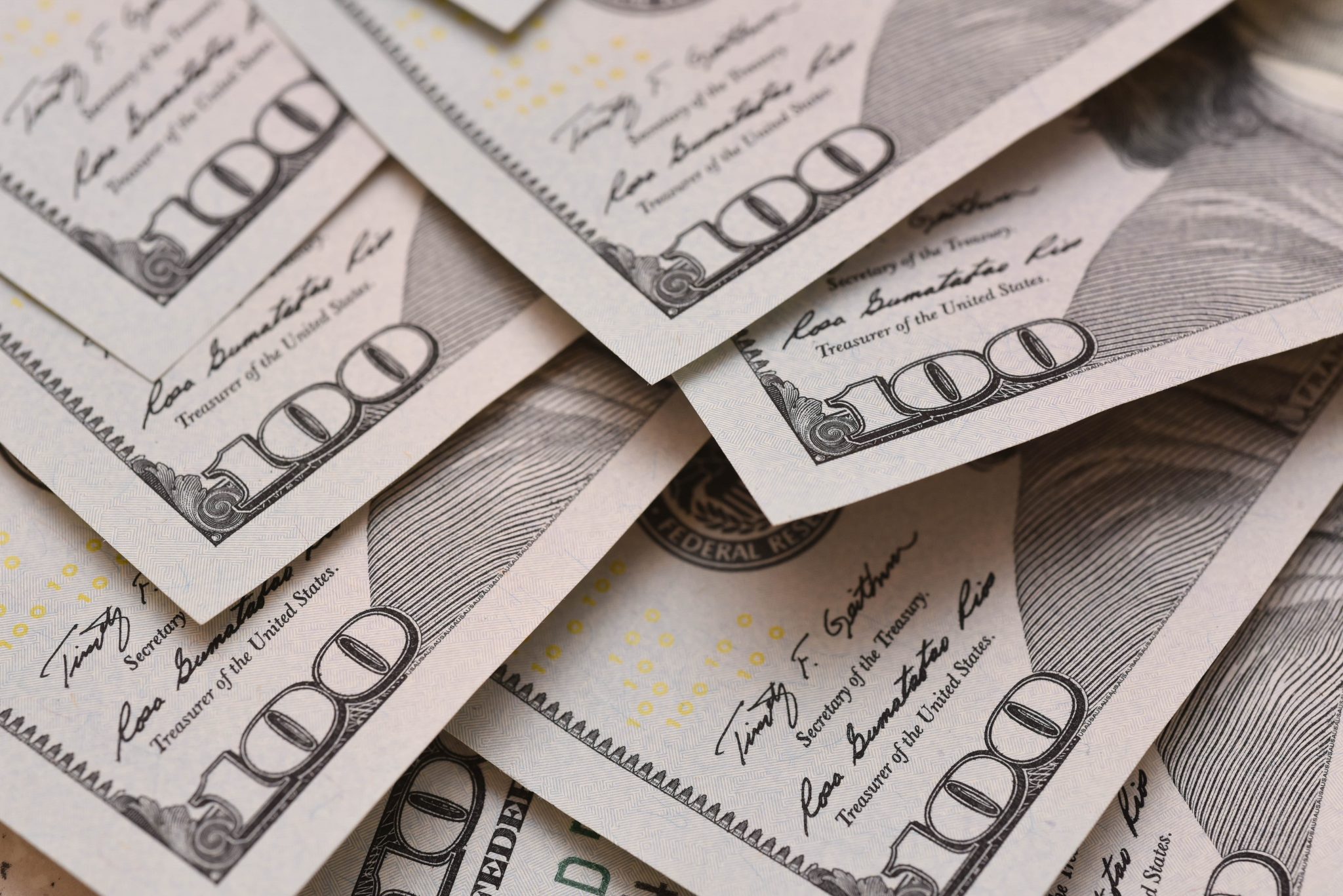The international financial consequences of Mr. Putin

Author: Barry Eichengreen, UC Berkeley
What will be the demonstration effect of Western sanctions on Russia? And what will be the reaction of China and other countries worried about being on the fringes of the United States as well? Will they divert their foreign exchange reserves from US Treasuries? Will they reduce their dependence on the dollar and on American banks? Will they reduce their commercial and technological dependence on the United States, cutting supply chains and relocating production? Will the global economy reconfigure into rival blocs?
The answer to these questions is no. Although we have seen some movement in these directions, it has not been the result of Russian sanctions. Prior to Putin’s attack on Ukraine, the United States and China, along with other countries in their orbit, had moved somewhat in the direction of decoupling. The US and China have imposed tariffs on each other’s exports, and a change in US administration has brought no sign of undoing those duties.
The United States has also banned sales to China of high-tech equipment potentially useful for surveillance. In 2021, President Biden issued an executive order denying 59 Chinese defense and surveillance companies access to US investment funding.
All of this is happening against a backdrop of declining dollar dominance. The dollar’s share of foreign exchange reserves has fallen from about 70% of the world total at the turn of the century to less than 60% today. Most of this movement has been towards currencies of small open economies with strong policies, such as the Canadian and Australian dollars, the South Korean won and the Swedish krona.
There is no particular reason to believe that sanctions against Russia will accelerate these trends. Russia was sanctioned not only by the United States, but by a coalition of Western countries, including Japan and Australia. Together, these countries are the source of 95% of the world’s identified foreign exchange reserves. This means that Russia and other countries considering a scenario in which they find themselves in the same position cannot guard against the risk of sanctions by switching from the dollar to other Western currencies.
Countries facing sanctions can try to go gold, as Russia did, but gold is in short supply. They can turn to the Chinese renminbi, but this currency represents less than 3% of allocated foreign exchange reserves and is not a form in which China can hold foreign assets. While isolated countries, such as Russia, can shift their reserves and monetary relationships in these directions, these options are not widely available to the rest of the world.
It’s not just US banks and clearinghouses that have been barred from doing business with Russian institutions. Governments worried about Western countries militarizing their currencies may seek to make more payments through the renminbi. They will clear these payments using the Cross-Border Interbank Payments System (CIPS), the Chinese equivalent of the United States Clearinghouse Interbank Payments System (CHIPS) or the Kingdom’s Automated Clearinghouse Payments System (CHAPS). -United.
But CIPS remains a small fish in a sea of whales. CHIPS processes 40 times more transactions for 10 times more participating banks worldwide, including several Chinese banks. CIPS also depends on SWIFT, the Belgian company for global interbank telecommunications, for most cross-border messages.
Recent events may prompt other banks to make cross-border payments through CIPS. But it is telling that although China has been building CIPS for seven years, its transactions and membership still lag far behind those of Western clearinghouses.
If sanctions on Russia don’t divide the global economy into Western and Eastern blocs, a Chinese incursion into Taiwan most certainly would. At a minimum, China will be subject to the same range of sanctions. Its foreign exchange reserves will be frozen and it will be excluded from SWIFT. China could insist that foreign counterparties make their payments exclusively in renminbi and route their payments through CIPS, but its business with the West would be decimated.
It would be an economic disaster for China and the global economy. And Chinese officials know it. Taiwan can take at least some comfort from the fact that President Xi Jinping clearly cares more about the health of his economy than President Putin.
Two windows into China’s intentions will be its use of dollars and its reliance on SWIFT. If China reduces its dollar reserves, it could indicate that it is preparing for sanctions. If China insists that the foreign banks it does business with install digital translators to convert CIPS Chinese messages into their local language, it may indicate that it plans to be barred from SWIFT.
On the other hand, China’s actions might be innocent. Its reserve managers may simply be looking to reap the benefits of diversification – a better combination of risk and return. Or they may just be trying to further develop the capacity of their local payment system. In any case, it is important to keep a watchful eye.
Barry Eichengreen is the George C Pardee and Helen N Pardee Professor of Economics and Political Science at the University of California, Berkeley.






